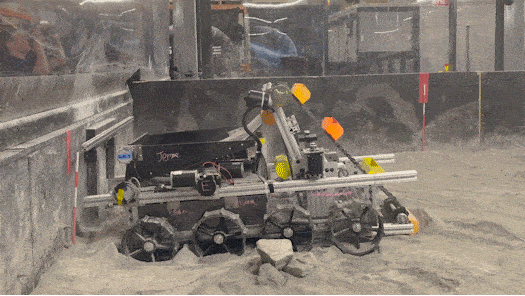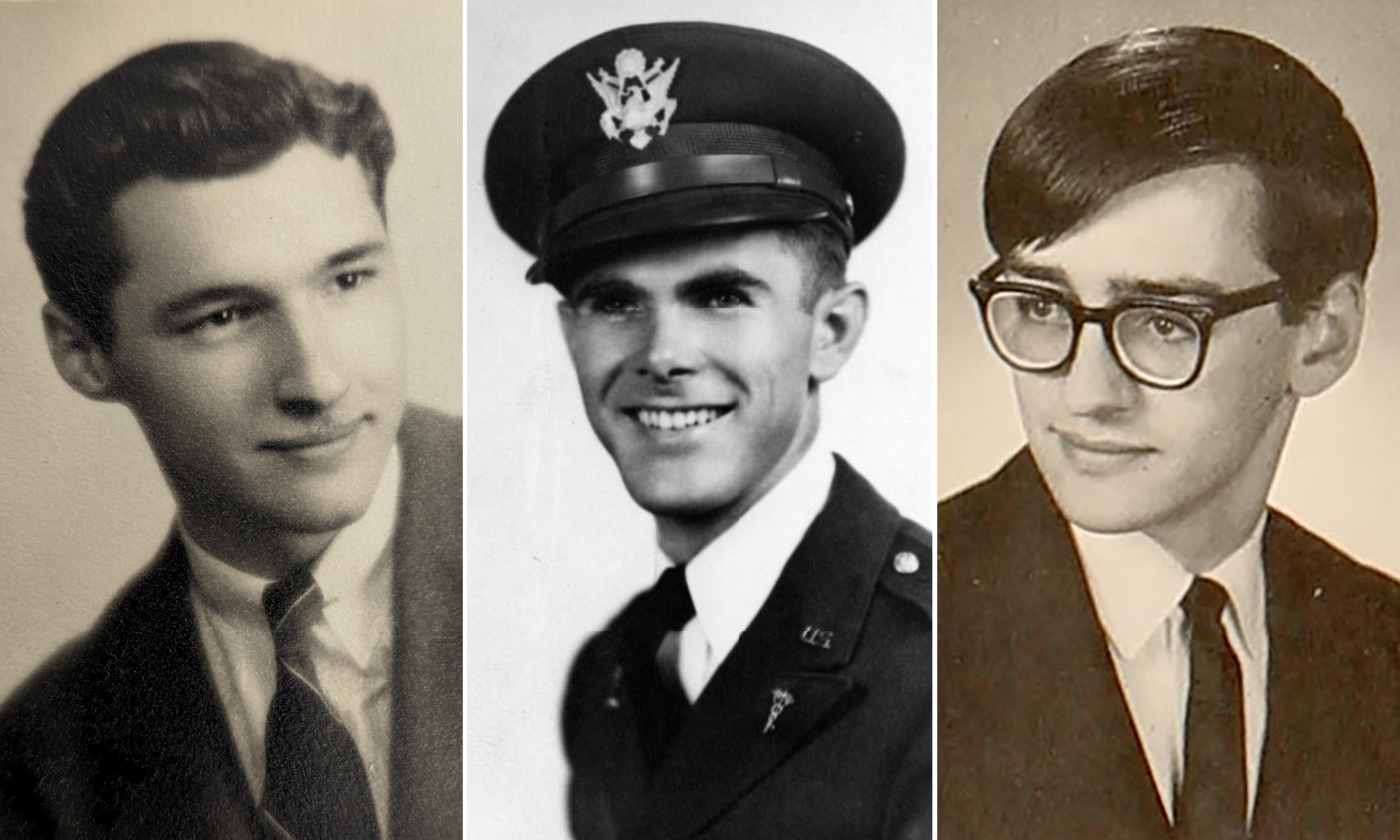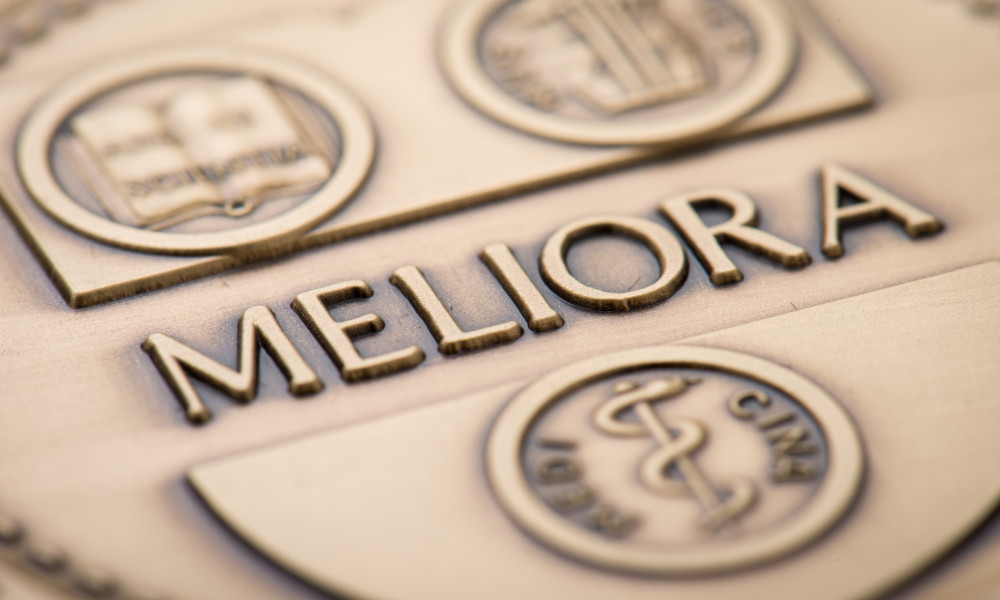Three members of the University’s Class of 2020 are recipients of the Barry M. Goldwater Scholarship, a prestigious award for undergraduate science majors.
Officially known as the Barry M. Goldwater Scholarship and Excellence in Education Program, it was authorized by Congress in 1986 to develop a continuing source of highly qualified scientists, mathematicians, and engineers by awarding merit-based scholarships to college sophomores and juniors who plan to pursue advanced degrees and careers in those fields. The scholarship, worth up to $7500, helps cover tuition, room and board, books, and mandatory fees. It’s named in honor of the late U.S. senator and 1964 Republican Party candidate for president, for his nearly 60 years of public service.
Students compete nationally after first being nominated by their college or university. There were 496 scholars selected this year.
(University of Rochester photos / J. Adam Fenster)
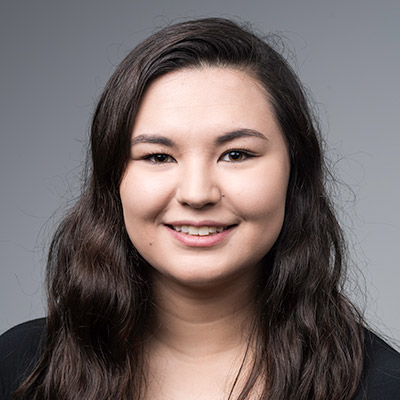 Natalie Allen ’20, a physics and astronomy major from Bainbridge Island, Washington, has been involved in research since her first year at Rochester, working with Dan Watson, chair of the Department of Physics and Astronomy, on star formation in a region called NGC1333. She spent last summer as a visiting scientist at Space Telescope Science Institute in Baltimore and will be working this summer at the Jet Propulsion Lab in Pasadena, California. This past year, she presented her work in a poster session at the Maria Mitchell Women in Science Symposium and at the American Astronomical Society’s annual meeting. She’s a teaching assistant for introductory astronomy courses, president of the Society of Physics Students, and one of the founders (along with fellow Goldwater scholar Adina Ripin) of the Society of Women in Astronomy and Physics. She plans to pursue a PhD in astrophysics and perform research in exoplanets in addition to teaching.
Natalie Allen ’20, a physics and astronomy major from Bainbridge Island, Washington, has been involved in research since her first year at Rochester, working with Dan Watson, chair of the Department of Physics and Astronomy, on star formation in a region called NGC1333. She spent last summer as a visiting scientist at Space Telescope Science Institute in Baltimore and will be working this summer at the Jet Propulsion Lab in Pasadena, California. This past year, she presented her work in a poster session at the Maria Mitchell Women in Science Symposium and at the American Astronomical Society’s annual meeting. She’s a teaching assistant for introductory astronomy courses, president of the Society of Physics Students, and one of the founders (along with fellow Goldwater scholar Adina Ripin) of the Society of Women in Astronomy and Physics. She plans to pursue a PhD in astrophysics and perform research in exoplanets in addition to teaching.
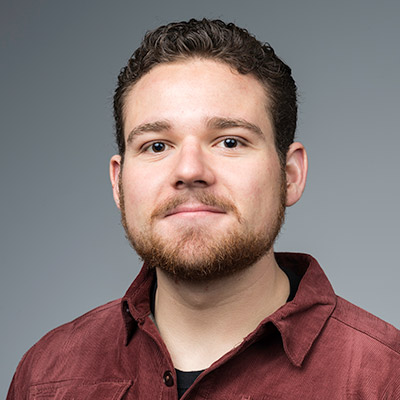 Daniel Krajovic ’20, a chemical engineering major from McMurray, Pennsylvania, has spent two years in the lab of professor Mitchell Anthamatten, where he will continue working for part of this summer on a project in shape-memory polymers before heading to the California Institute of Technology as an undergraduate summer research fellow. He has been a “super leader” in the chemistry workshop program as well as a teaching assistant for the chemical engineering department; he is also vice president of the University’s chapter of the American Institute of Chemical Engineers. A member of Tau Beta Pi engineering honor society, and elected to Phi Beta Kappa this spring, he hopes to complete a PhD in chemical engineering and become a faculty member at a STEM-oriented institution. Krajovic has two goals: “Through research, advancing the knowledge and agency of our species and bettering our relationship with our planet. And through teaching, empowering young minds with the irrevocable gift of scientific comprehension within a fun, psychologically safe, and unconditionally supportive environment.”
Daniel Krajovic ’20, a chemical engineering major from McMurray, Pennsylvania, has spent two years in the lab of professor Mitchell Anthamatten, where he will continue working for part of this summer on a project in shape-memory polymers before heading to the California Institute of Technology as an undergraduate summer research fellow. He has been a “super leader” in the chemistry workshop program as well as a teaching assistant for the chemical engineering department; he is also vice president of the University’s chapter of the American Institute of Chemical Engineers. A member of Tau Beta Pi engineering honor society, and elected to Phi Beta Kappa this spring, he hopes to complete a PhD in chemical engineering and become a faculty member at a STEM-oriented institution. Krajovic has two goals: “Through research, advancing the knowledge and agency of our species and bettering our relationship with our planet. And through teaching, empowering young minds with the irrevocable gift of scientific comprehension within a fun, psychologically safe, and unconditionally supportive environment.”
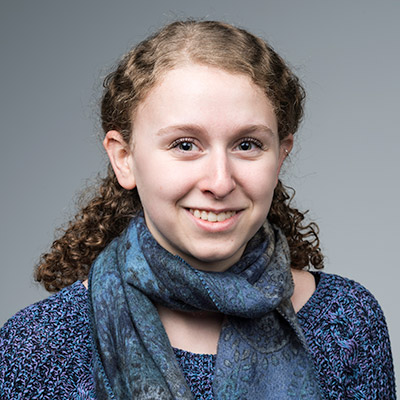 Adina Ripin ’20, a physics and applied mathematics dual major from Old Saybrook, Connecticut, has worked for the last two years on optimizing the fabrication of qubits in the research group of assistant professor of physics John Nichol. She earned a DAAD-RISE fellowship to Germany last summer, performing ß research on Bose-Einstein condensates. This summer, she’ll participate in an REU (Research Experiences for Undergraduates) at Purdue University. She has been a co-instructor in the University’s PREP (Pre-College Experience in Physics) summer program for high-school girls and also serves as a workshop leader and lab teaching assistant in physics. As outreach chair for the Society of Physics Students, and a co-founder of the Society of Women in Astronomy and Physics, she has won multiple grants to support outreach initiatives of both groups. Ripin plans to attend graduate school and pursue a PhD in physics, studying quantum computing, and eventually work in industry.
Adina Ripin ’20, a physics and applied mathematics dual major from Old Saybrook, Connecticut, has worked for the last two years on optimizing the fabrication of qubits in the research group of assistant professor of physics John Nichol. She earned a DAAD-RISE fellowship to Germany last summer, performing ß research on Bose-Einstein condensates. This summer, she’ll participate in an REU (Research Experiences for Undergraduates) at Purdue University. She has been a co-instructor in the University’s PREP (Pre-College Experience in Physics) summer program for high-school girls and also serves as a workshop leader and lab teaching assistant in physics. As outreach chair for the Society of Physics Students, and a co-founder of the Society of Women in Astronomy and Physics, she has won multiple grants to support outreach initiatives of both groups. Ripin plans to attend graduate school and pursue a PhD in physics, studying quantum computing, and eventually work in industry.


